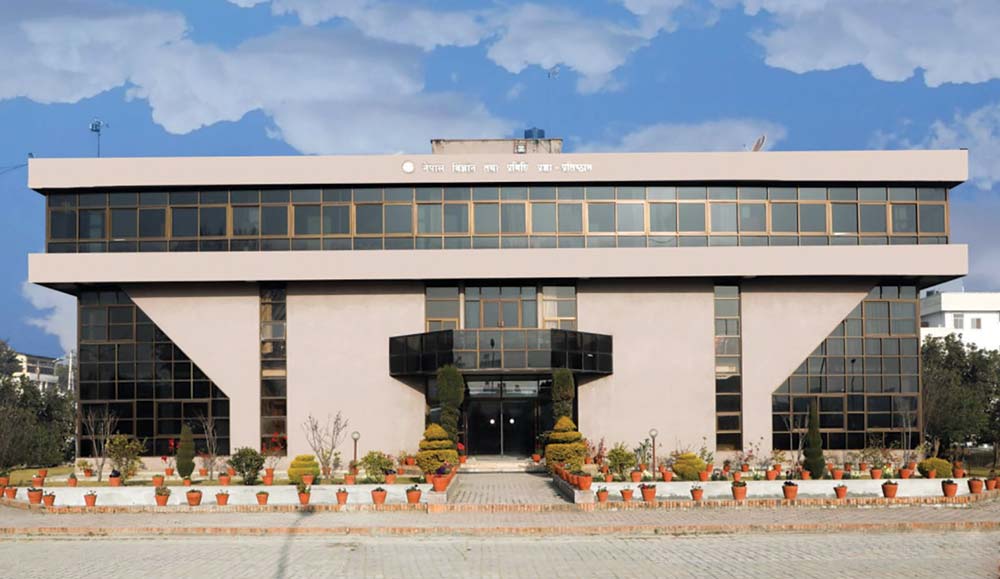Nepal Urged to Embrace Science Diplomacy for Technological Advancement

Kathmandu, November 11 - At a recent event organized by the Nepal Academy of Science and Technology (NAST), experts and scientists emphasized the need for Nepal to adopt a strategic approach to science diplomacy to foster technological innovation and economic growth. The symposium, titled 'Science Diplomacy for Nepal: Advancing Science and Technology Promotion,' took place in Lalitpur, highlighting the potential of science diplomacy to elevate Nepal's standing in global scientific and technological arenas.
Dr. Sunil Babu Shrestha, former Vice-Chancellor of NAST, underscored the historical success of science diplomacy post-World War II, which facilitated significant scientific collaborations among countries like the USA, Japan, South Korea, and the former USSR, leading to notable advancements and prosperity. "Science diplomacy has not only enhanced bilateral relationships but also opened avenues for technology transfer and innovation," Dr. Shrestha remarked.
The event pointed out Nepal's past achievements in science diplomacy, such as the successful development and launch of a nanosatellite in 2019, as a testament to what can be achieved with strategic international collaboration. However, speakers stressed the necessity for capacity building within institutions like NAST and among individuals to effectively engage in science diplomacy.
Dr. Hemu Kafle from the Kathmandu Institute of Applied Sciences advocated for strong stakeholder collaborations to drive effective science diplomacy. "Given Nepal's urgent need for technology transfer across various sectors, a coordinated approach among multiple stakeholders is imperative," she stated.
Professor Dr. Mahesh Kumar Maskey highlighted the importance of political understanding of science and diplomacy, noting that all 16 goals of the Sustainable Development Goals (SDGs) require scientific and technological cooperation, particularly with neighboring countries. "Nepal should prioritize cross-border cooperation, especially with our immediate neighbors," Maskey advised.
The symposium concluded with calls for the establishment of a national science diplomacy forum to advocate for and advise on science policy at the governmental level. Recommendations also included enhancing the role of NAST as the national advisor for science and technology development, increasing investment in research, and fostering regular engagements between NAST and key governmental ministries.
The event was a clarion call for Nepal to actively participate in international science diplomacy, leveraging its potential to not only advance its own technological capabilities but also to contribute to global scientific endeavors.
